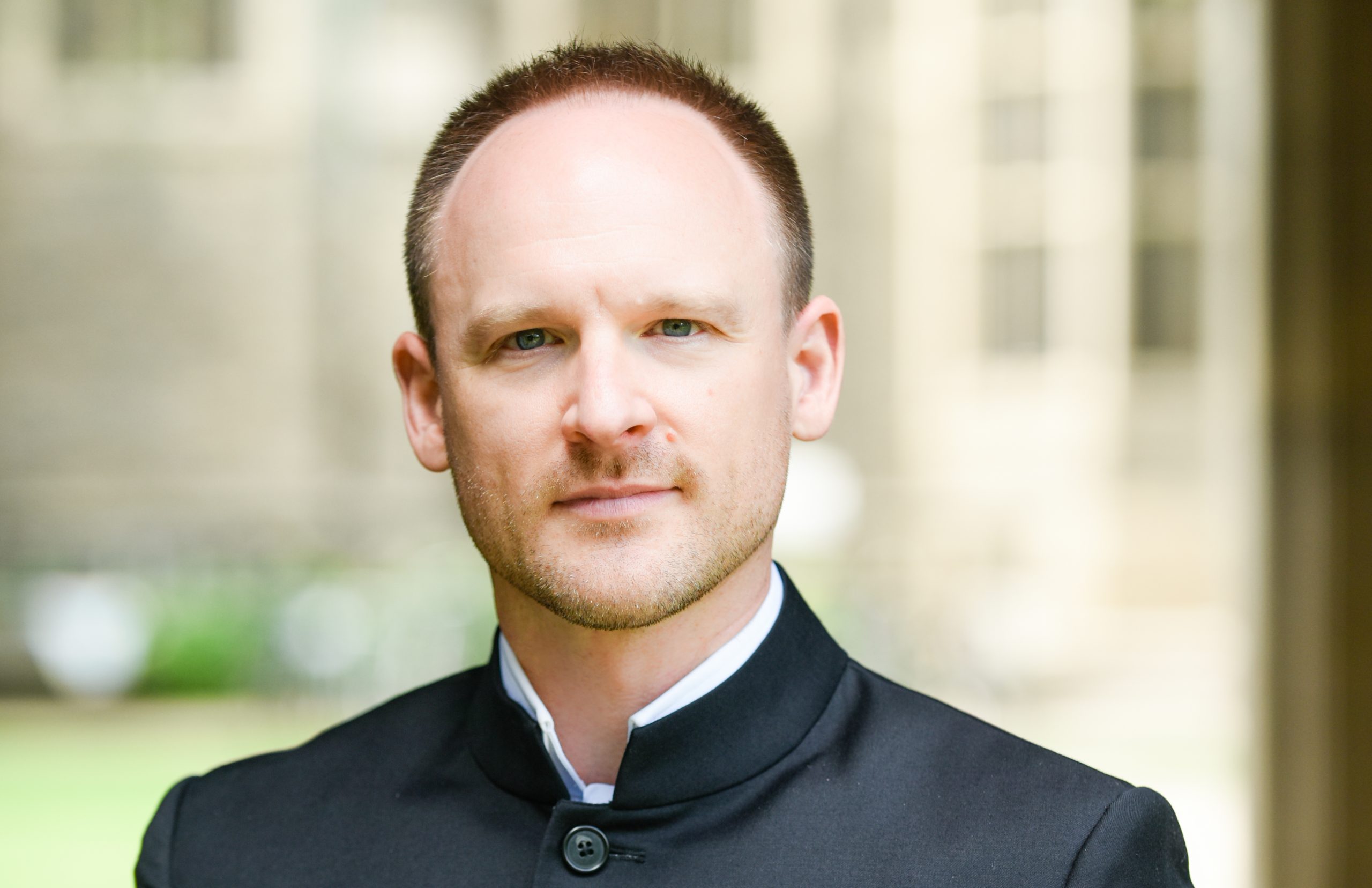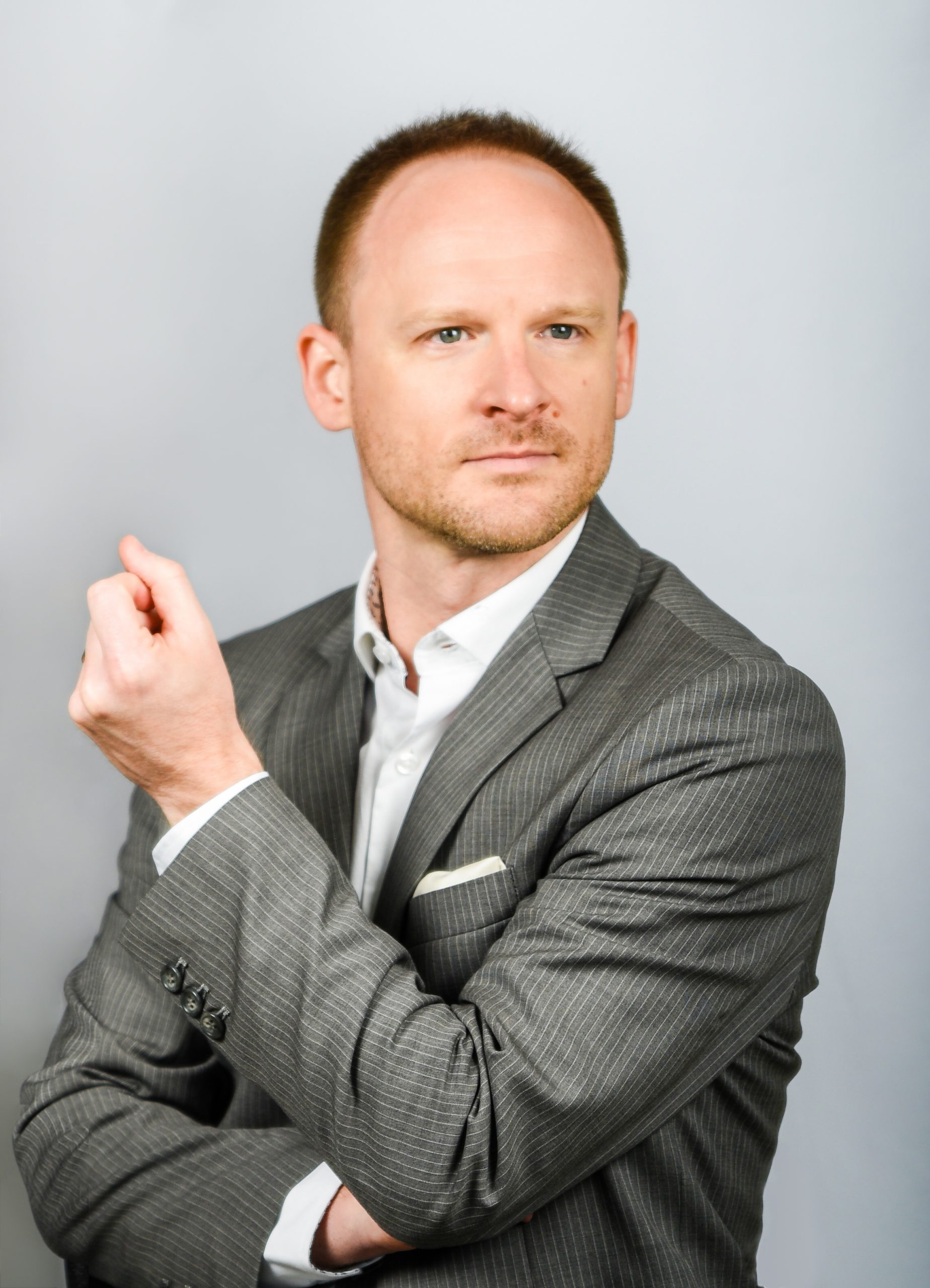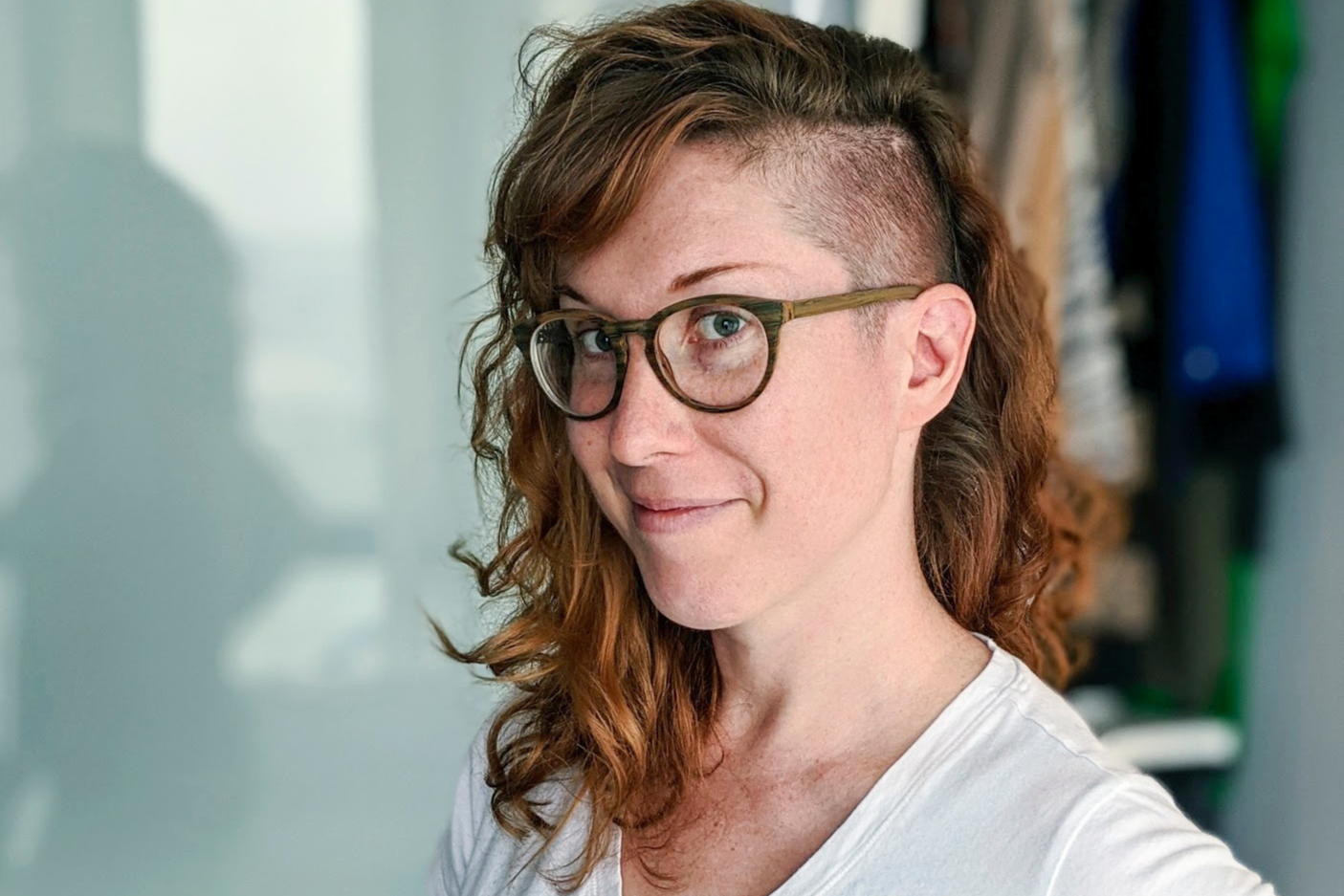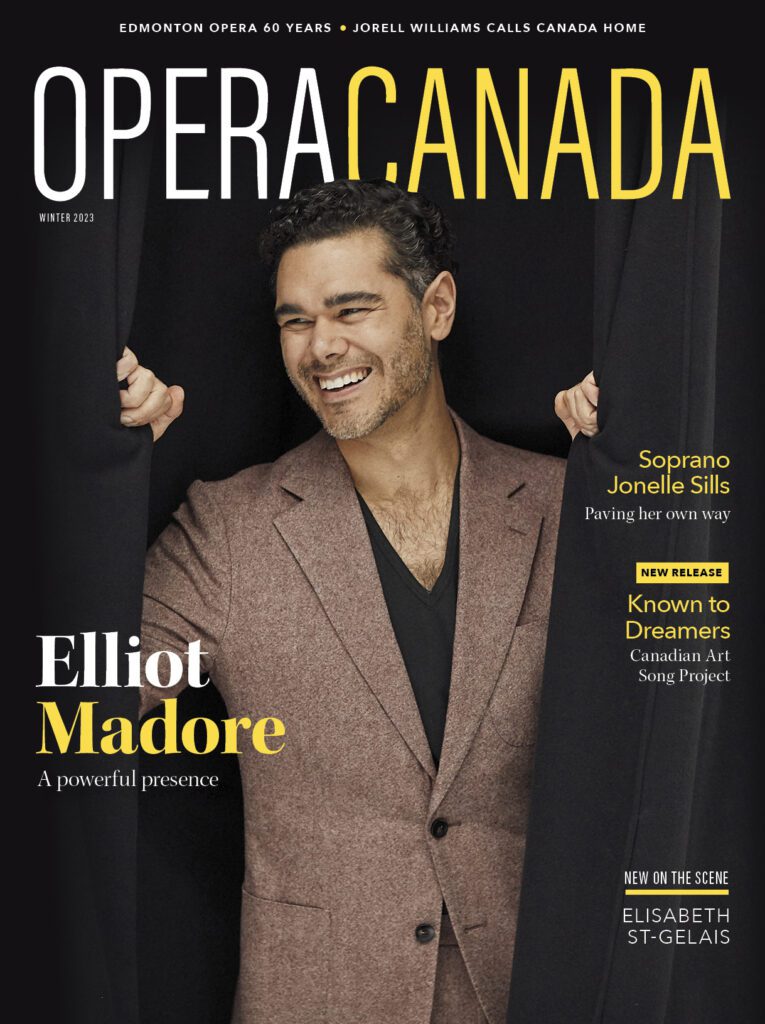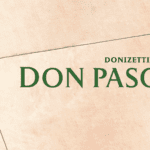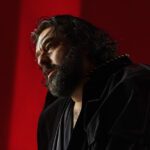From his position as Co-Artistic Director of the Canadian Art Song Project, tenor Lawrence Wiliford has spent considerable time in close quarters with composers as they write for the voice. In the latest instalment of our advice series, “Dear composer…Dear singer”, we offer advice from Wiliford on getting composers to be curious, and the reward in vulnerability.
What do you wish a composer understood better about writing for the voice?
“I think the most important thing for composers to know with regard to singers, is that singing is about storytelling. If storytelling, or conveying the text and the emotion of that text, is not at the forefront of what they’re writing for the voice, then they’re writing for the wrong instrument. I think sometimes composers, when they are new to writing for the voice, they’re thinking of the voice as more of an instrument than a person communicating ideas and text and emotions. They’re more interested in exploring what this instrument might be able to do and new techniques – rather than conveying the text that has been chosen. At the centre of the work that I like to do, what makes the voice special – is that we can use text, so that needs to be at the forefront for anything being written for the voice.
“If you look at the early 20th century and what was going on compositionally, it was about pushing the boundaries of what was previously acceptable and even possible. Composers focused on questions like, ‘What can I do that no other composer has done before? How can I be unique? What will be my special contribution?’ These questions can lead composers to push further and further. For the voice, these questions can lead composers to stop thinking about the nature of the vocal instrument entirely and what it is that brings an audience to listen to this instrument. Just because something can be done and written on staff paper, doesn’t necessarily mean that it should be done.
There is nothing like allowing that vulnerability to give birth to honest and extraordinary performances.
“I think a lot of theory/composition programs don’t really focus that much on the vocal repertoire and how to write for the voice. I had a really fantastic conversation with Mary Morrison – [Canadian Art Song Project] did a podcast with her – and she talked about the early days of her education at the RCM. All of these young composers were basically asking to work with anybody else in the school, and just exploring and learning about what their instrument did. They explored together and learned from each other. And [the singers] were the guinea pigs for all this stuff – but the composers were also learning how to write for their friends, what worked and what didn’t. Granted, a lot of the music from that time is no longer fashionable, but I don’t think a culture like this exists in our programs for composers right now – where singers are able to inform composers about what does and does not feel good for a singer.
“Many composers don’t sing. They may come from a piano background or brass or some other instrumental background – but they may not be singers. Unless a composer has been raised around vocal music, sung in a choir, or is a singer themselves in some capacity, they don’t understand the voice as an instrument in quite the same way. You can tell when a composer innately understands.
“The voice is special because you’re also dealing with a person. You don’t blow into it, you don’t use your arms or fingers, it is the air inside of you. There is an intimacy about being a singer, and a vulnerability to being a singer. The sound we generate is literally produced within us and breathed into the world. There is also a vulnerability in being the voice for a new work. Will it be a success? Will the audience like it? Have I given this new work my best? Do I sound good singing it?? A composer should try to understand that vulnerability… I guess it is similar to the vulnerability that a composer must feel when handing over a score for the first time, hoping that the artists will like the new work.
“To my mind, the best music making I’ve ever been a part of is when everybody’s vulnerable. That’s when the exciting stuff happens. The moments in rehearsal when musicians just make music together and let go. And yet, musicians must find this vulnerability in front of other colleagues and audiences and critics – so it is also the hardest part about being a singer, but it’s the most rewarding, on basically every level. There is nothing like allowing that vulnerability to give birth to honest and extraordinary performances.
“Singers aren’t always comfortable saying that on their own, and composers aren’t always comfortable hearing that.”
“I think singers also carry a lot of self-doubt. Most singers I know are pretty self-critical, and for a singer to actually say to a composer, ‘this doesn’t feel good’ or ‘this doesn’t seem right’, or ‘I would rather it be like this’, it is hard. We begin to have a sense of ‘I’m not worthy’ or good enough to sing what has been written. It’s complicated, I think. In my capacity as an Artistic Director of Canadian Art Song Project, we’ve commissioned a lot that hasn’t been written for my voice. But I do come into the workshops as another set of ears and as an advocate for the singer. I’ll often say things like, ‘What I’m hearing is that this section may not be ideal because of ‘x’; it is difficult to understand the text here due to ‘something’; is there a way to re-write this to highlight certain parts of the voice?’ Singers aren’t always comfortable saying that on their own, and composers aren’t always comfortable hearing that.
“The first thing I do when I work with a new composer who’s writing for me, is send them repertoire of me doing things that I feel I do well, and say: Task number one, dive into hearing me do this. Listen to how the voice works, and hear where my voice sits and how it speaks, and start thinking about it that way. I think that’s the very beginning of any relationship with a composer; and I think any composer who doesn’t want to take the time to learn my instrument, and who isn’t interested in finding out how something feels to me, I probably won’t be very interested in working with that composer.”
Lawrence Wiliford

